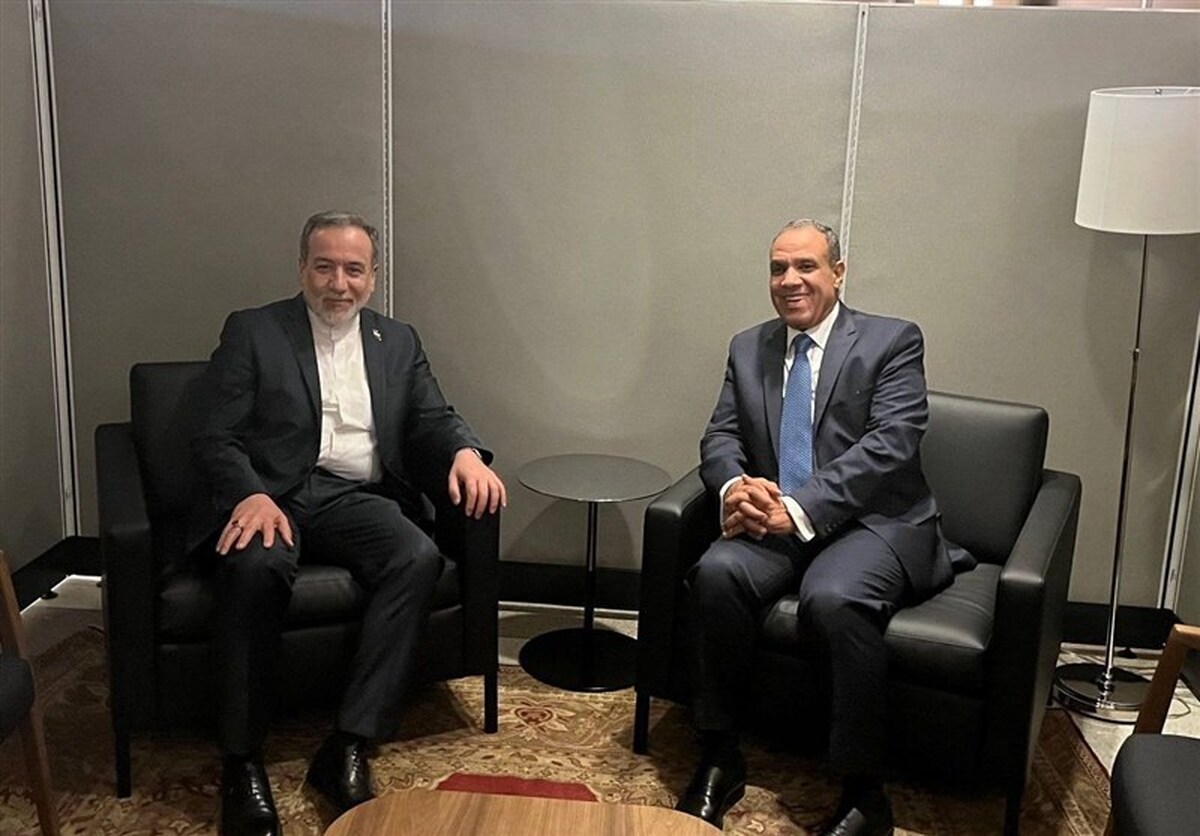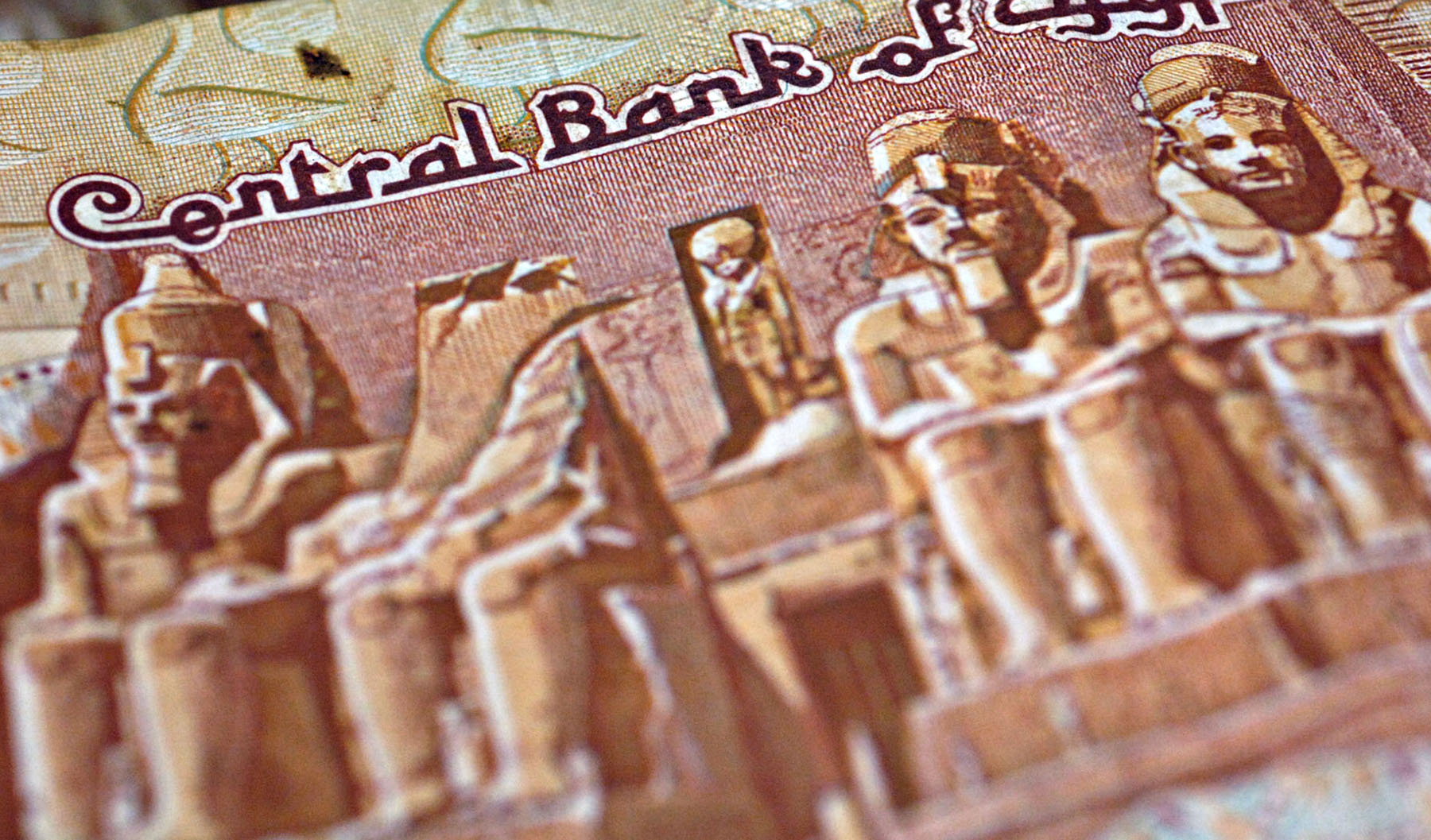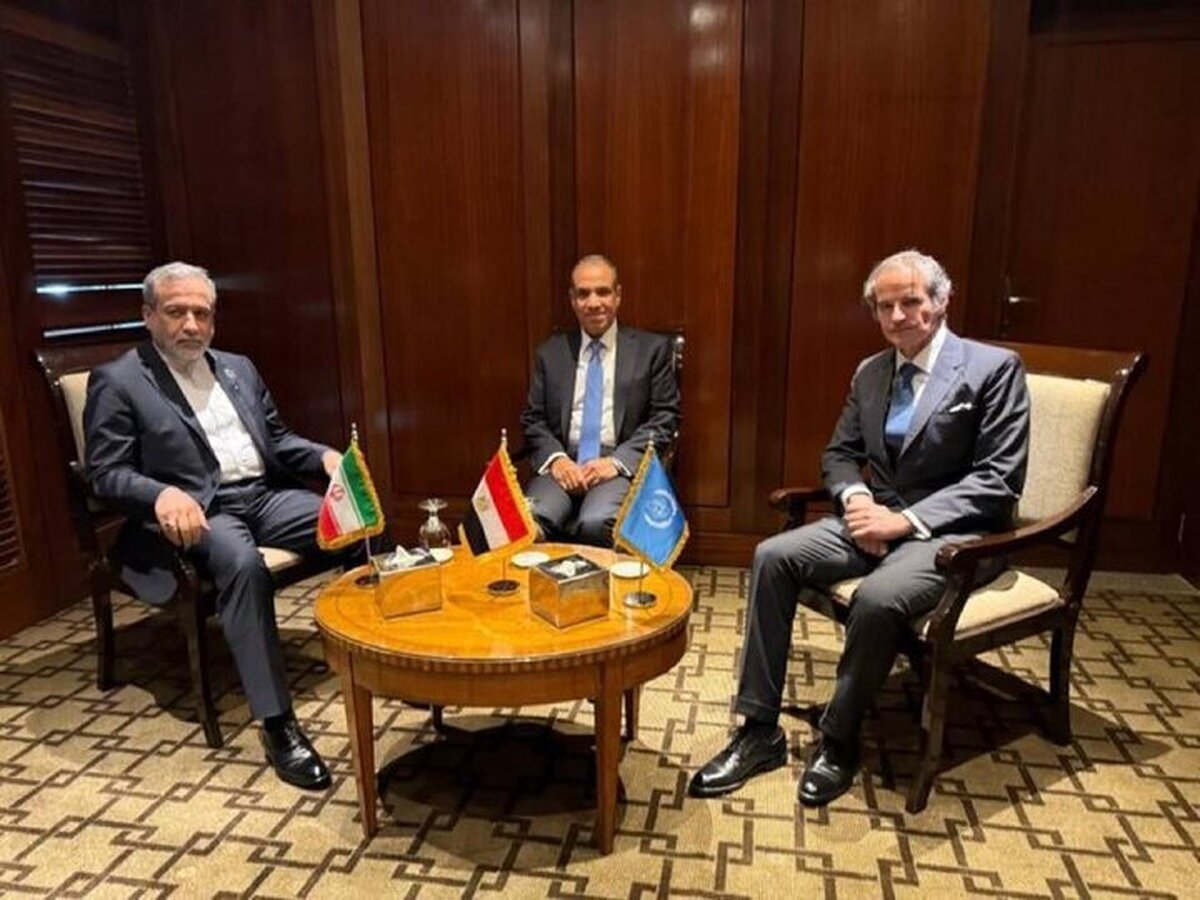
Africa’s Next Big Devaluation Is Seen Unfolding in Egypt

EghtesadOnline: According to Egypt’s president, the country’s future is at stake. With its currency trading near a record low in the black market, reserves to cover just three months of imports and a widening current-account deficit, pressure is mounting on the most populous Arab state to devalue the pound to alleviate a dollar shortage that prompted officials to seek help from the International Monetary Fund.
Egypt is moving to end the exchange-rate problem within “months” as part of its plan to implement economic reforms, President Abdel-Fattah El-Sisi saidin an interview published this week.
According to Bloomberg, here are the possible scenarios for monetary policy and their prospects for stemming the dollar shortage and increasing the stability of the exchange rate:
Floating the Pound
Egypt may follow Nigeria’s example. Africa’s last big currency devaluation started in June, when policy makers relented to market pressure and ended the naira’s almost 16-month peg to the dollar. The currency traded in the black market almost 50 percent below the official exchange rate before controls were lifted and the currency devalued by 30 percent. It has since weakened about 10 percent.
Chances of success: While Nigeria’s strategy has started to bear fruit, overseas investors were slow to respond and the local currency is still trading at about a 20 percent discount in the black market. For Egypt, “going directly into free float is possible, but it’s risky,” said Reham El Desoki, the Cairo-based senior economist at Arqaam Capital. “It also requires that people have confidence in the system so they would inject their foreign-currency holdings in the official channel.” Of six economists surveyed by Bloomberg, none expected Egypt would move straight to a float.
Shock Therapy
Egypt could repeat its previous attempt at luring foreign capital in March, when the central bank weakened the pound by the most in 13 years, eased capital controls, increased interest rates and offered foreign buyers of government Treasury bills protection against future currency devaluation.
Chances of success: The strategy failed to attract inflows. Foreign holdings of local debt remain near zero, compared with about $10 billion at the end of 2010. “Policy makers would have to go the whole hog, get as close as possible to a full float,” said Jason Tuvey, a Middle East economist at Capital Economics Ltd. in London. “Anything less, in my view, may not be satisfactory for the IMF and certainly not for investors.” The move could work this time if the devaluation is more aggressive and the central bank has more cash on hand to change the perception of the pound being overvalued, Arqaam’s El Desoki said.
Managed Float
Egypt devalued its currency by about 25 percent in 2003 and implemented a managed float where the central bank allowed the pound to move, but continuously injected dollars into the banking system to maintain some control over its value. The policy held for a decade, during which time Egypt attracted billions of dollars to its debt and equity markets and built a record $36 billion of foreign reserves by the end of 2010. The policy ended in December 2012 when the central bank adopted a dollar-rationing system.
Chances of success: Africa’s third-biggest economy is waiting for final IMF approval on stand-by funds to help backstop the exchange rate. As much as $8 billion may come from the Washington-based lender and others by October that would allow the central bank to implement a one-off devaluation before letting the interbank market help set the exchange rate, according to Mohamed Abu Basha, a Cairo-based economist at EFG-Hermes Holding. Hany Genena, head of research at Beltone Financial whopredicted the central bank’s last devaluation in March, agrees. “We’ll have a managed float by the end of the year,” he said. “By that I mean we’re going to see weekly volatility in the Egyptian pound.”
Gradual Devaluation
If the past five years of tight currency control are any indication, Egypt will likely only weaken its currency in incremental amounts over the foreseeable future, according to Alan Cameron, a London-based economist who covers frontier markets at Exotix Partners LLP. “There’s still ideological resistance within policy circles to a full-scale liberalization of the currency regime, with exchange-rate stability seen as a barometer of regime stability," he said.
Chances of success: The strategy won’t necessarily mean the disappearance of the black market. “The question is, can you close the gap to an acceptable level? Something around 10 percent?” Cameron said. The pound was trading in the black market at a 30 percent discount on Tuesday.
Do Nothing
Egypt has a history of backtracking on economic changes if they provoke a public backlash that dates from 1977, when the government canceled an increase in the price of bread after riots erupted in the capital. Meanwhile, an influx of Gulf Arab aid last year raised some investor expectations a more flexible exchange rate may be adopted, but that never materialized. Already grappling with one of the Middle East’s highest annual inflation rates at 14 percent, the central bank has in essence been subsidizing dollars to ease pressure on the almost 50 percent of Egypt’s population that lives below or near the poverty line.
Chances of success: “Failing to devalue will likely block the IMF deal, selling Eurobonds will become very expensive, and foreign investment will be blocked as well,” said Genena at Cairo-based Beltone. “The current situation is unsustainable. You’ll just be delaying the inevitable. And instead of doing it with the support of IMF funding, you’ll do it without.”



